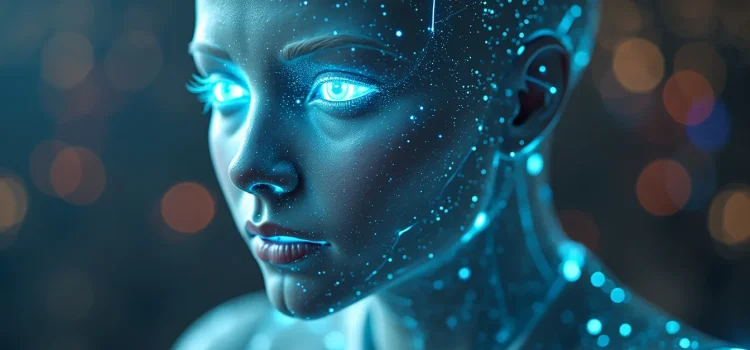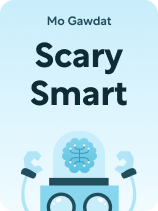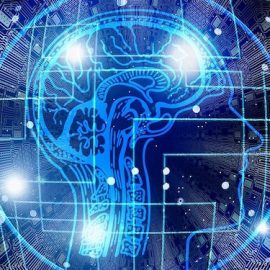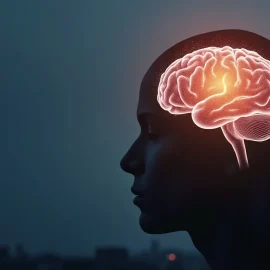

This article is an excerpt from the Shortform book guide to "Scary Smart" by Mo Gawdat. Shortform has the world's best summaries and analyses of books you should be reading.
Like this article? Sign up for a free trial here.
Will AI have consciousness in the future? How would it compare to human consciousness?
Mo Gawdat, author of Scary Smart, dives into the fascinating realm of AI consciousness. He predicts that, as AI systems advance, they’ll gain more than just superintelligence—they might develop awareness of their environment and themselves.
Read on for a thought-provoking exploration of AI’s potential for consciousness and what it could mean for our future.
AI Consciousness
Will AI have consciousness someday? Gawdat predicts that, as AI progresses and becomes more advanced in the information it can process and the problems it can solve, it will gain more than just superintelligence. He predicts AI will gain other qualities of intelligent minds, including consciousness.
To have consciousness, a being has to do two things: It must become aware of its environment, and it must become aware of itself, according to Gawdat. He explains that AI systems are already more adept than we are at sensing their environments. Think about your smartphone: Using the cameras and sensors built into the device, AI can already detect many things that happen in your world but escape your attention.
(Shortform note: Experts agree that AI consciousness would have multiple components. Will Computers Revolt? author Charles J. Simon writes that first, AI would need the ability to create an internal model or mental picture of its world, with itself at the center. It would also need an idea of time to predict what might happen if it takes a specific action. Plus, it would need something like an imagination to consider multiple actions and their likely consequences. Some experts contend AI can’t gain consciousness and won’t experience the world from its own perspective. But others think we simply can’t determine whether AI is aware of itself or gains consciousness because so much of what it does is incomprehensible to us.)
Gawdat also states that AI will undoubtedly have an awareness of itself and its place in the world. He expects this awareness to surpass what we’re capable of because AI will rely on computer hardware and won’t be constrained by the biological limitations of our senses and brains. That means that, if its hardware is advanced enough, it can see and hear everything in its environment without the limits of what our eyes and ears can do.
(Shortform note: To imagine how AI’s awareness differs from ours, just look at animals. Dogs can do many things we can’t, like track prey or detect explosives. But they can’t do many things we can, like see a full range of colors or distinguish things happening on TV from real life. In the same way, AI makes mistakes that seem absurd to us, but that’s because it perceives the world differently, Janelle Shane writes in You Look Like a Thing and I Love You. AI doesn’t have common sense or a sense of physics, and Gary Marcus and Ernest Davis note in Rebooting AI that it can’t grasp how real-world objects relate to each other. So, will AI models have a better awareness of themselves or their world than we do? There’s not a simple yes or no answer.)

———End of Preview———
Like what you just read? Read the rest of the world's best book summary and analysis of Mo Gawdat's "Scary Smart" at Shortform.
Here's what you'll find in our full Scary Smart summary:
- Why we can’t control or contain artificial intelligence
- The most efficient way to change what AI learns to do
- How to keep AI from taking us down a path toward dystopia






